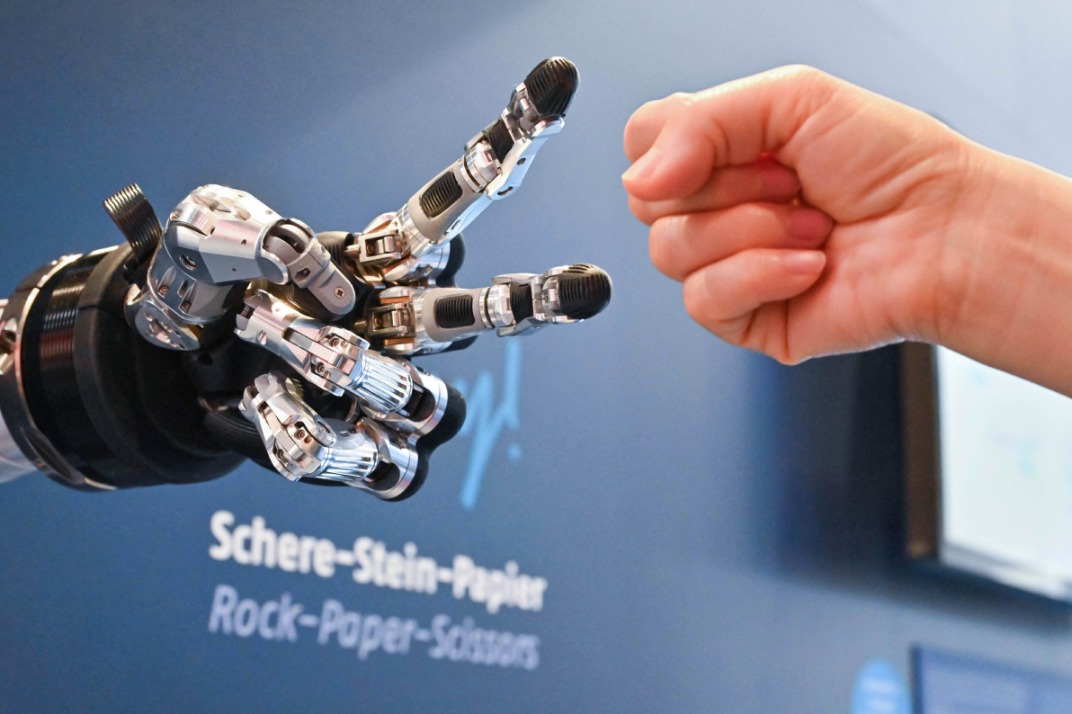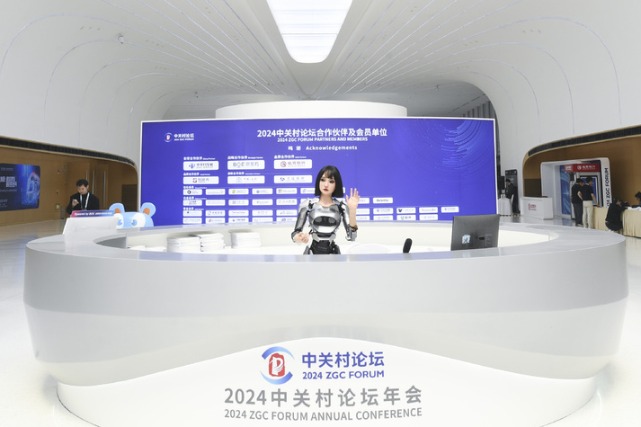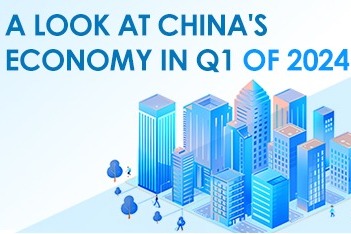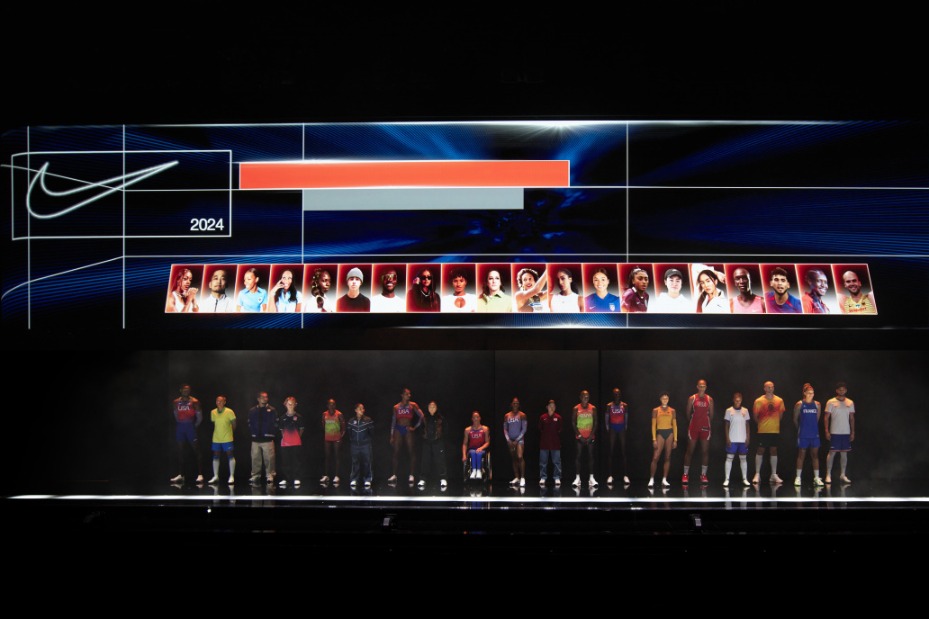Educating retailers about consumers

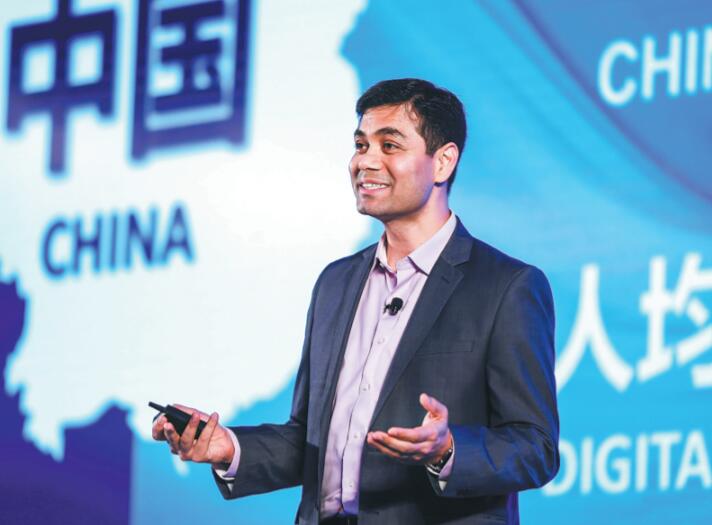
Led by Vishal Bali, measurement firm Nielsen mines China market insights to add value to global strategy
"East-to-West Innovation"-the phrase may be a mouthful but it rolls smoothly off Vishal Bali's tongue as if it were some butter.
As managing director, he runs The Nielsen Company LLC (China), a firm that researches consumer trends and habits to measure, and advise its clients on, what digital-age shoppers watch and buy in over 100 markets.
Being based in China, he has insider knowledge of the rapid technological advances and innovation that are sweeping the world's second-largest economy. By studying them, he parlays local insights into actionable intelligence for Nielsen globally.
E-commerce and digital media are central to that process, according to Bali. "If you look at big data, artificial intelligence, fintech (financial technologies), there are lots of new things happening in China. This is true for even e-commerce and e-payments, where China is leading the world.
"Nielsen is learning in China, working in China, and later on using those implications in the global market. We call that East-to-West Innovation."
It is a concept invented by Nielsen China. Bali describes it as a process in which the international market draws from successful technology experiences in the Chinese market.
"For our products, there are certain features that we develop in China that are very unique. Now, we want that for the rest of the world."
He gives "multi-touch attribution" as an example. It is a big data product co-launched by Nielsen and Chinese e-commerce giant JD. It can help marketers identify impact of advertising and sales on consumers by leveraging JD's 236.5 million active users and its cloud platform.
Without multi-touch attribution, marketers would find it difficult to gauge the efficiency of their marketing channels.
"It basically drives transparency into digital advertising. It talks about different touch points in consumers' online journey. It first identifies the touch points, and figures out which of them are important. When you advertise on those points, you can get more efficiency and be more effective in your advertising.
"We've been doing similar work in the US and other markets, but the way we've gone about doing this in China-that is now being looked at and replicated in other markets."
Technology innovation in China brings Nielsen both opportunities and challenges, Bali said. And the "speed and intensity" of such innovation have impressed him the most. "You need to be on edge to follow the trend."
His tech background and understanding of various cultures help him to keep pace with the Chinese market. "I've been lucky to travel around to different countries and experienced different cultures. Having gone through that before coming to China, where the culture is different, I realized the way business happens here is also different. That helped me to understand the China market better."
Bali's colleagues say he is a quick learner and applies clear logic. "I got exposed to digital and technology in my previous jobs. Digital and technology-that's what China is all about now. And the speed and intensity here are much higher."
According to Bali, his career journey at Nielsen has been exciting because the firm is known for its independent measurements and unbiased views. Regardless of which market and geography he worked in, people always adhere to this orientation, he said.
"I think this orientation is very, very important when coming to China where the market is very fragmented and there is a greater need for transparency."
"Market fragmentation" refers to a phenomenon, where markets are diverse and have different segments that reflect various needs and wants of customers.
According to Bali, China's e-commerce is changing rapidly, and so is consumer behavior. Consumers now are becoming more demanding and sophisticated. As a result, getting a better understanding of consumers is crucial for retailers as it can help generate more sales.
"Like artificial intelligence, like big data, a lot of things happen without them being fully figured out. In the long run, it will give us an edge," Bali said. "One of the fascinating points about China is that things are never static. They are always moving, and they are moving much faster."
Going forward, sports and entertainment will be two new growth engines that Nielsen will commit to this year, but the fast-moving consumer goods, or FMCG, segment remains the largest contributor, Bali said.
On a personal note, Bali is proud of his 16 years of experience across five different regions-14 of those years were with Nielsen, which, he said, helped in cultivating and managing client relationships and providing consultations on marketing-related issues.
During spare time, he loves reading, watching sports and listening to music. "I used to run marathon in Singapore and I hope I can take part in Shanghai marathon this year."
Liu Yukun contributed to this story.
















